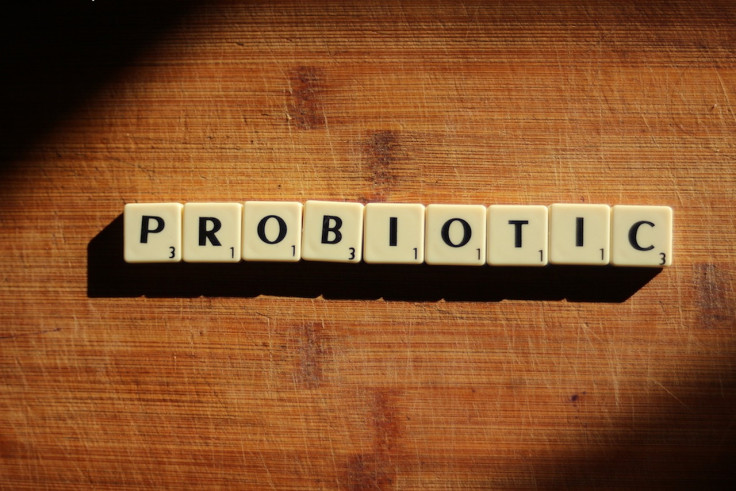
Researchers have made a fascinating discovery about probiotics and their role in preventing COVID-19 infection. Their study suggests that probiotics, particularly lactobacillus, could delay infection and reduce symptoms in unvaccinated people who had been in contact with COVID-19 patients in their household.
The study, led by Duke Health researchers, suggests that the use of probiotics is a simple and inexpensive approach to treating people after exposure to COVID-19. The results of the study were published in Clinical Nutrition.
"Prior to COVID, there was strong evidence that probiotics were protective against respiratory infections. Once COVID hit, it was imperative to determine whether this simple, well-tolerated intervention could be useful. Our study provides encouraging evidence for the use of probiotics," said Dr. Paul Wischmeyer, co-lead author of the study.
The participants were unvaccinated people who had been exposed to someone with COVID-19 infection but had not yet developed symptoms. Out of 182 participants, half were given a probiotic of lactobacillus, while the other half were given a placebo pill.
"Upon analysis, the researchers found that participants randomized to receive the probiotic were 60% less likely to develop COVID symptoms compared to those randomized to receive placebo—26.4% vs. 42.9%. The probiotic participants were also able to stave off infection longer compared to those receiving the dummy pill," the researchers wrote in a news release.
However, since the study size was small, the probiotic group did not meet a statistically significant reduction in the incidence of COVID-19 (8.8% COVID diagnosis rate in probiotics vs. 15.4% COVID diagnosis rate in the control group).
"We are actually not surprised by these findings. There have been several studies that have demonstrated the strong efficacy of probiotics against respiratory infections, including a very large study among babies in India that was published in Nature in 2017. Other early studies have shown that probiotics may also enhance the effect of vaccines against other viral illnesses, such as influenza," Wischmeyer said.
Researchers believe their findings could be a "timely intervention" as the country witnesses a surge in hospital admissions and deaths from respiratory illnesses. The rise in cases is attributed to low vaccination rates amid an increase in respiratory infections.
The Centers for Disease Control and Prevention (CDC) issued a warning last week urging people to get vaccinated against COVID-19, flu and RSV. Only 17.2 % of adults have received the updated COVID-19 vaccine, while the rate of hospitalizations from COVID-19 infection has spiked to 51% in the past four weeks.







